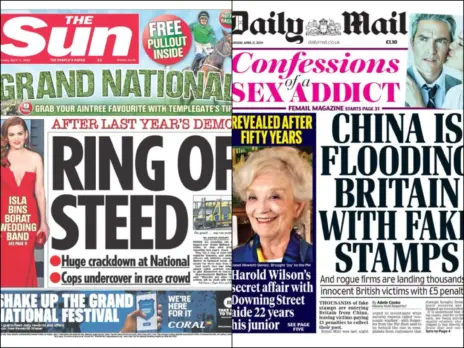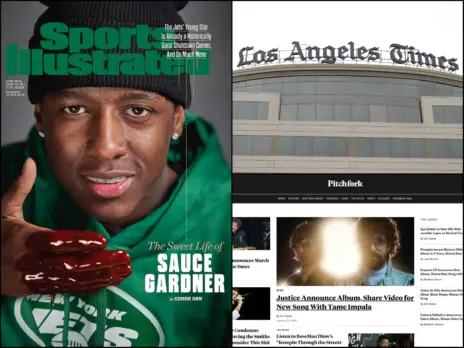
NUJ general secretary Michelle Stanistreet today told Lord Leveson that there was a ‘genuine climate of fear’among journalists about giving evidence to his inquiry into press standards.
The union last week sent out an appeal to members asking them to share their experiences of journalistic practices and ethics after it was granted core participant status at the inquiry.
But Stanistreet said the ‘stark reality’was that in many newsrooms journalists were afraid to speak out, which explained why the union was now working with the inquiry to protect them from ‘retribution”.
Last month Leveson gave the go ahead for journalists to give evidence anonymously to the inquiry following a submission from the NUJ.
Stanistreet said the fear among journalists was not one of ‘immediate punishment’but of ‘finding that a few months after your inquiry ends a journalist who has spoken out may find herself on a list of redundancies”.
While some newspaper owners were unhappy about journalists giving anonymous evidence, Stanistreet said that the reality was that ‘putting your head above the parapet and speaking out publicly is simply not an option for many journalists”.
She continued: ‘In our experience, that fear has been a significant factor in inhibiting journalists from defending the principles of ethical journalism in the workplace – and in media organisations hostile to the concept of trade unions there is a particular problem.’
Cutbacks, redundancies and title closures
In her address to the inquiry this morning Stanisteet also outlined the commercial state of the newspaper industry – without which she said Leveson would be unable to understand the wider culture and practices of the newsroom.
‘The scale of cutbacks, redundancies, casualisation and entire closure of titles has made it a very challenging and insecure time for journalists,’she said.
Stanistreet blamed this on the ‘flawed economic model’of the newspaper industry, in which ‘greedy employers have stripped profitable and once-proud newspaper titles of their assets”.
‘When the days of 25, 30 per cent profits ended, rather than settle for more modest profits that would do nicely most of our major blue-chips, the response of the major newspaper groups was to slash costs and cut the bottom line, sacrificing quality and content in the process,’she continued.
‘This is not a sustainable business model and we’re seeing the results of this bad management on a daily basis with ever more cutbacks and redundancies.
‘These owners are playing fast and loose with our industry. You can’t do that without sacrificing quality journalism; you can’t do it without cheating readers of the newspapers they deserve; and you can’t do it without sounding the death knell of an industry that plays such a critical role in our society.”
She added: ‘In this context, the more resource-intensive areas of journalism, such as specialist correspondents and investigative journalism have become something of an endangered species and a journalists’ ability to get out there and research and deliver work thoroughly has been diminished.
‘Agency copy is topped and tailed, press releases are churned out as news. The pressure on journalists to deliver is relentless, often to unpredictable and unreasonable timescales, and without the resources to do the job well. Such pressures lead to short cuts and can result in the abandoning of fundamental principles.”
Where does the power reside?
Stanistreet also blamed the culture of a newsroom established by an editor who ‘rules the roost’was also to blame for many of the problems under investigation by the inquiry.
‘It’s not the journalists who develop and foster the culture in any one newspaper group. In any workplace, where does the power reside? Not at the bottom, where the majority work to get the job done,” she said.
“It’s at the top. In journalism, the reality is that there’s often a stark expectation from on high: Deliver the goods, get the job done, bring in the story, whatever the means. If you don’t, well the consequences are often simple and clinically brutal.”
Stanistreet told Leveson that the union could have a vital role to play going forward.
‘A well-organised union provides a counterbalance to the power of the editors and proprietors, it can limit their excesses and gives journalists the confidence to raise their concerns,” she said.
“The collective can tackle stress and bullying and defend principles of journalistic ethics as well as dealing with the bread and butter industrial issues of pay and terms and conditions.’
Email pged@pressgazette.co.uk to point out mistakes, provide story tips or send in a letter for publication on our "Letters Page" blog







